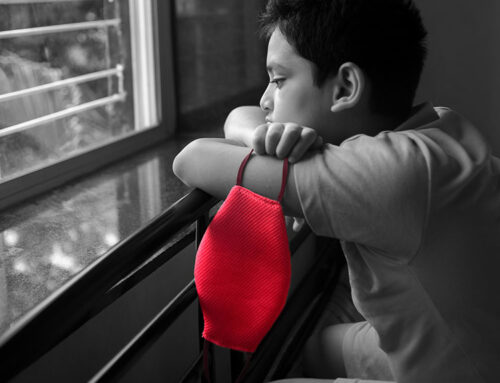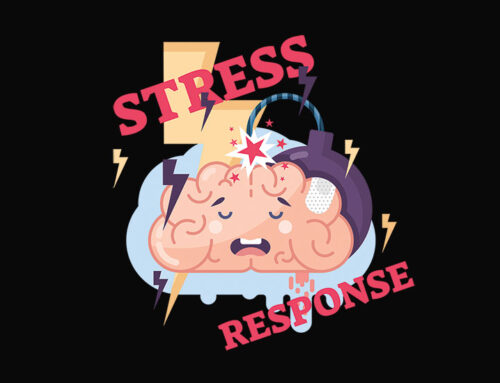Lives have been upended for millions of students and parents across the nation due to COVID-19. Families welcomed, reluctantly, a new schedule of bustling around the kitchen trying to get breakfast on the table, while scrolling through Google Classroom homework and classwork posts. Distance learning has transformed the educational experiences of children and households and continues to have lasting effects on families.
As a school psychologist, I have heard from stressed-out parents who are overwhelmed by having to juggle their children’s schoolwork with their own jobs and responsibilities. “How does a parent transform into a teacher overnight?!” some have asked me in frustration.
In any crisis, the key is reaching out and utilizing support systems available to you. With the new school year and plans for re-opening, teachers and administrators are undergoing discussions and training on how best to not only meet the academic needs of students, but also support children and their families through this process. Here are a few of my suggestions for navigating the distance learning journey.
Advocate for Your Child
Reach out to your child’s teachers if you are frustrated or confused with the assignments. Teachers are your first line of communication. A simple email requesting assistance or a brief phone call to discuss concerns go a long way. I recently learned of an instance where a parent reached out to a teacher and expressed her frustration and embarrassment on not being able to help her daughter with her 3rd grade math homework. The teacher set up individual Zoom lessons for the student until she understood the concepts. This alleviated a lot of stress from the parents and helped their daughter easily transition to the next lessons.
Another resource in schools is guidance counselors, as they are equipped to handle the basic mental health needs of students. In my district, our guidance counselors held individual counseling sessions and check-ins for students who needed it the most. If, despite these efforts, your child is still struggling and requires additional emotional support, the next best step may be to contact a psychologist or therapist.
Establish Routines
Working smarter – not harder – saves time, energy, and frustration. Establishing routines early on is key to setting up your household for success. Eating regular meals, getting healthy amounts of sleep, and going outdoors can help to balance your moods and worries. New routines may even end up being better than the old – so don’t be afraid to try new ways of running your home.
Self-Care
Balancing life at home with work and kids during COVID-19 has not at all been easy. Don’t forget to take time out of your day to take care of yourself. Even if it means 10-15 minutes of peace and quiet such as taking a walk, meditation, listening to music, or chatting with a friend. This might make the difference between losing your cool or staying on top of your stress.
 by Maliha Sheikh, PsyD
by Maliha Sheikh, PsyD
Maliha Sheikh is a certified school psychologist and licensed psychologist in private practice in Bernardsville, NJ. Dr. Sheikh specializes in child and adolescent psychology and has worked in school districts for over twenty years. In her spare time, Dr. Sheikh enjoys spending time with her husband, two children, and two cats.
Feature image by Mudassar Iqbal from Pixabay






